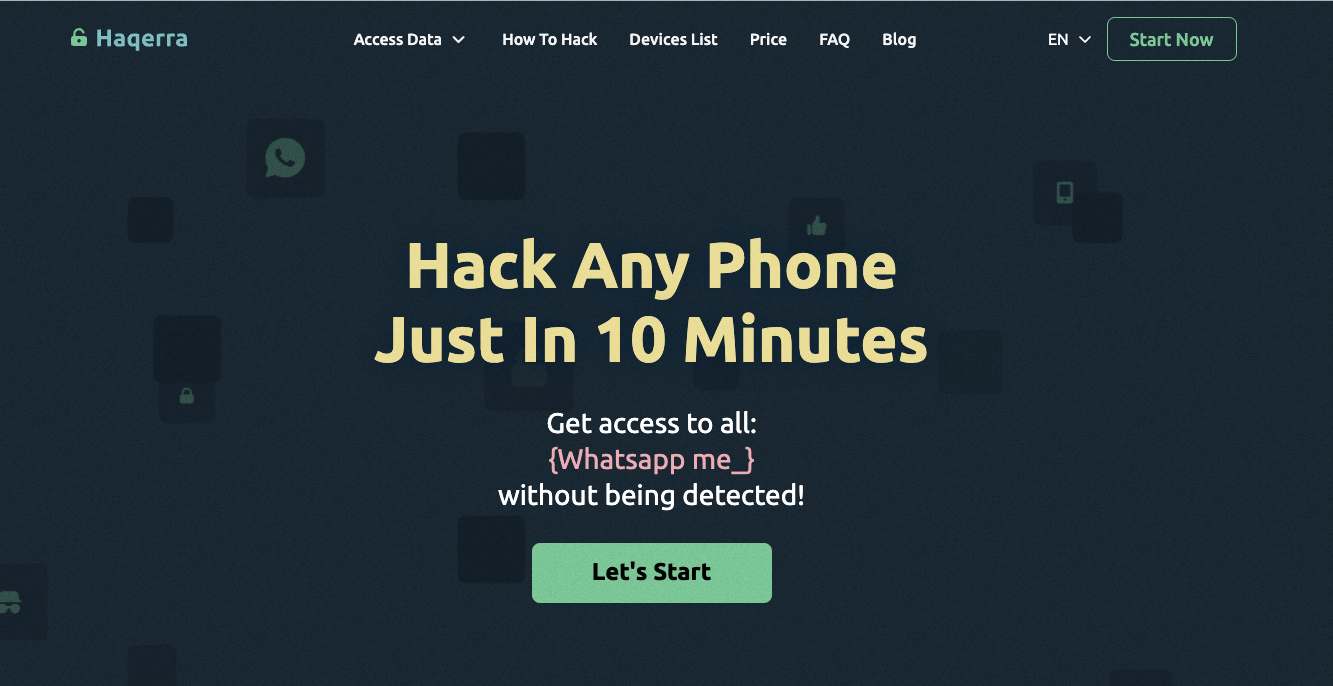
20 Trick Questions to Catch a Cheater: Outsmart Them!
Ever feel like something’s not right in your relationship? That uneasy feeling in your stomach could be a sign. You’re not alone—relationship issues like infidelity are more common than you think. In fact, studies show that only 6% of people admit to cheating when they’re confronted.
If you’re looking for ways to uncover the truth, strategic questioning is a powerful tool. Asking the right questions can help you spot lies and understand what’s really going on. But are you prepared to handle the answers?
Discover expert tips and proven questions designed to catch cheaters and strengthen your relationship. Learn how to spot red flags, improve communication, and rebuild trust with confidence.
20 Questions to Ask If You Suspect Your Partner is Cheating
Suspecting infidelity in a relationship can be heartbreaking, but asking the right questions can help you uncover the truth. If you’re wondering whether your partner might be cheating, here are 20 key questions to consider:
- Have you been working late more often recently?
- Why are you so protective of your phone all of a sudden?
- Who are you texting so frequently these days?
- Why do you seem distant or distracted lately?
- Have your feelings toward me changed?
- Has our intimacy felt different to you?
- Who is [specific person] I’ve been hearing about?
- Why are there unfamiliar charges on our account?
- Are you truly happy in this relationship?
- Have you ever felt tempted to cheat on me?
- Where were you when you didn’t answer my calls last night?
- Why did [friend’s name] say they saw you with someone else?
- Is there something you’re afraid to tell me?
- Why have you recently become more concerned about your appearance?
- Have you lied to me about where you’ve been recently?
- Do you think we’re spending enough quality time together?
- Why do you avoid talking to me when I bring up certain topics?
- What’s changed between us lately?
- How would you react if I accused you of cheating?
- Is there someone else you’re seeing?
These questions can help you gain clarity and start a meaningful conversation about your relationship. While infidelity is difficult to confront, understanding the signs of cheating and addressing your concerns can help you decide the best path forward.
How to Spot a Cheater: Tips and Tools for Detecting Infidelity

Catching a cheater requires keen observation and a methodical approach. If you suspect someone is lying or being unfaithful, it’s important to gather evidence discreetly and carefully.
Signs of Cheating to Watch For
Wondering how to know if someone is cheating? Here are some telltale signs to look out for:
- Checking Their Phone: Look for suspicious messages, hidden apps, or deleted call logs.
- Inconsistent Stories: Pay attention when their explanations or timelines don’t match up.
- Social Media Behavior: Keep an eye on unusual activity, like secretive posts or interactions with new people.
- Changes in Habits: Sudden shifts in behavior, routines, or mood could be a red flag.
Introducing Haqerra: Your Cheating Detection Tool

Haqerra is a powerful tool designed to help uncover cheating and dishonesty. It offers advanced features to make your investigation easier:
- Phone Forensics: Analyze phone data for hidden messages, deleted files, or other clues.
- Social Media Monitoring: Track suspicious activity on platforms like Instagram, Facebook, or Snapchat.
- Inconsistency Detection: Identify discrepancies in their stories with AI-driven analysis.
How to Use Haqerra
Getting started with Haqerra is simple:
- Download the Software: Visit the official Haqerra website to get the app.
- Follow the Setup Instructions: Go through the prompts and enable the necessary permissions.
- Customize the Features: Tailor the app to suit your specific needs and concerns.
With Haqerra, you can monitor suspicious behavior and confirm whether your partner is being honest.
Tips for Detecting Lies
When catching a liar, observation is key. Pay attention to inconsistencies between their words and actions. For added insight, consider using techniques like reverse psychology or emotional triggers to see how they respond.
By combining careful observation with tools like Haqerra, you can uncover the truth and gain peace of mind. Don’t let dishonesty go unnoticed—take action to protect yourself.
Keywords: how to catch a cheater, signs of cheating, cheating detection, infidelity tools, catching lies, suspicious behavior, uncovering infidelity
Questions to Ask After Infidelity
Infidelity can break trust, but asking hard questions is a start to healing. When someone cheats, it’s hard to understand what happened and why. This mix of emotions makes it tough.
It’s key to talk openly and honestly. Asking the right questions can help uncovering dishonesty. It also gives insight into the cheater’s thoughts.
1. What was the turning point that led you to cheat?
Knowing the turning point can show why someone cheated. Was it a weak moment, or were there problems in the relationship? This question can show if there were psychological manipulation techniques used.
2. Did you think about the consequences?
This question shows if the cheater thought about the relationship’s future. It also helps find out if relationship mind games were played.
3. Why didn’t you end our relationship before starting another?
This question helps understand the cheater’s reasons. Were they looking for an escape or wanting to add to their relationship? It shows their commitment and honesty.
4. What do you think would have happened if I had found out another way?
This question shows the cheater’s view of the situation. Did they think they could keep cheating without being caught? It also shows their guilt and remorse.
By asking these questions, people can understand the situation better. It’s important to talk with empathy and an open mind. Recognizing uncovering dishonesty is just the start to healing and maybe rebuilding the relationship.
Conclusion
Catching a cheater needs a mix of intuition, watching closely, and asking smart questions. Knowing the signs of cheating and using clever questions can help protect you. It also helps you make better choices in your relationship.
After cheating, rebuilding trust is very important. Tests for relationship trust can show if your partner is truly committed. Talking openly and honestly is essential to fix problems and grow closer together.
Trust your gut and act on your concerns to take charge of your relationship. This way, you can face tough times with confidence and clear thinking.
FAQ
Signs of infidelity include changes in behavior and inconsistencies in their story. They might also be more secretive and less intimate. Knowing these signs can help you spot infidelity and take action.
Trick questions can catch a cheater off guard. Ask questions that make them reveal their actions and motives. This can help you understand their behavior better.
Ask questions like “Can you tell me more about your whereabouts on [specific date]?” or “What were you doing on your phone at [specific time]?” These questions help uncover inconsistencies in their story.
Phone forensics involves analyzing phone activity for signs of infidelity. Look at call logs, text messages, and social media. Tools for phone forensics can reveal red flags in a person’s behavior.
Cheaters might use gaslighting, denial, or blame-shifting to avoid responsibility. Knowing these tactics helps you recognize manipulation and focus on the facts.
Rebuilding trust requires open communication and a commitment to change. Ask the right questions and work together to rebuild trust and move forward.
Trust tests include asking for their phone password or being transparent about activities. These tests help you understand their honesty and commitment.
Look for inconsistencies in their story and changes in behavior. Use probing questions to identify dishonesty and address your concerns.
Signs of deceit include inconsistencies, evasiveness, and lack of transparency. Being aware of these signs helps you identify deceit and take action.
Use tactics like phone forensics, social media monitoring, and probing questions. These methods help you understand a partner’s behavior and detect infidelity.
